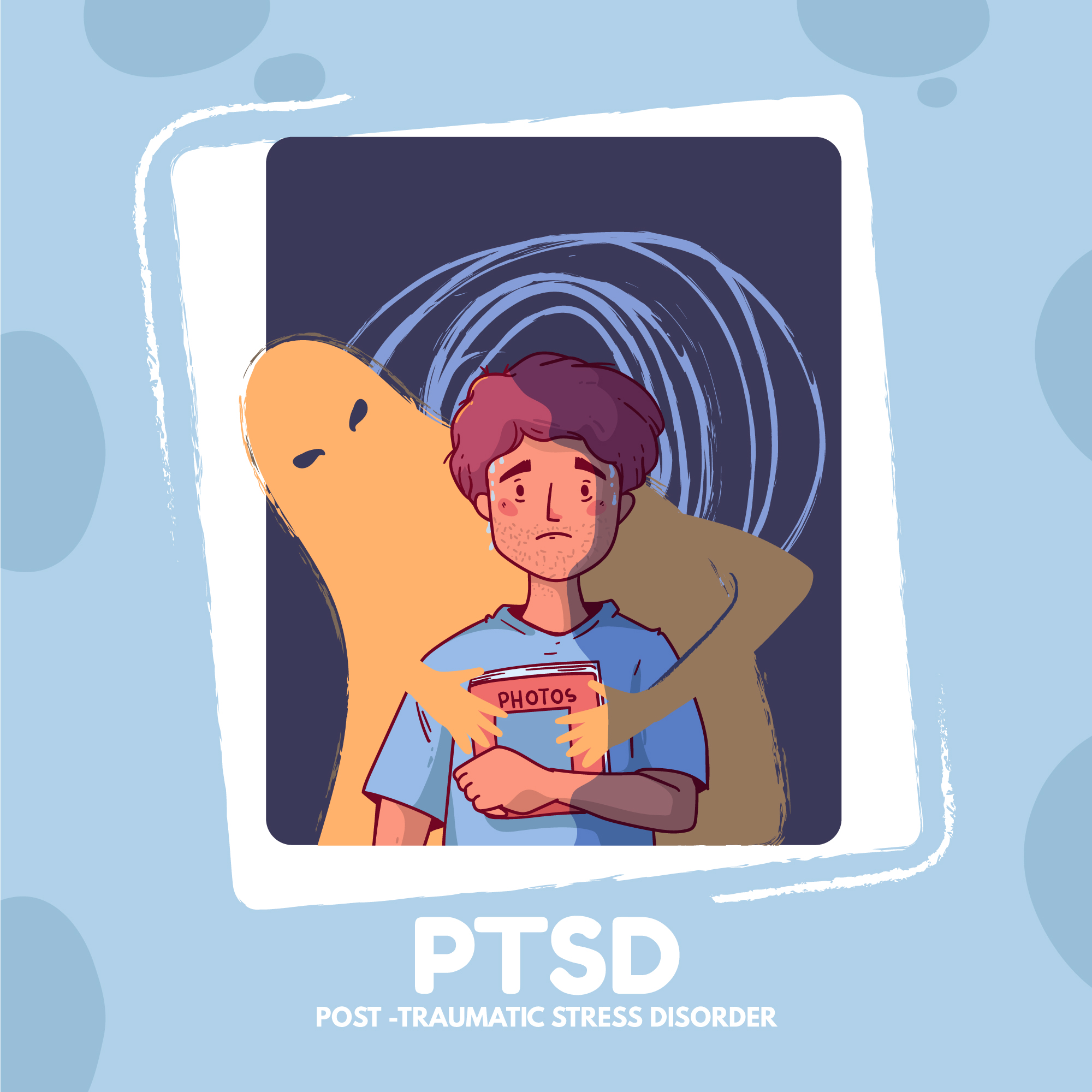
Attention Deficit Hyperactivity Disorder (ADHD) and Post-Traumatic Stress Disorder (PTSD) in Adults
Attention Deficit Hyperactivity Disorder (ADHD) and Post-Traumatic Stress Disorder (PTSD) are two common mental health conditions that can have a significant impact on a person’s life. ADHD is characterized by difficulty paying attention, hyperactivity, and impulsiveness. PTSD is a condition that develops after a person experiences a traumatic event, such as a natural disaster, car accident, or physical or sexual assault.
It is estimated that about 5% of adults in India have ADHD, and about 3% have PTSD. While these two conditions can occur independently, they can also co-occur. In fact, research suggests that up to 25% of adults with ADHD also have PTSD.
The co-occurrence of ADHD and PTSD can make it difficult to manage both conditions. The symptoms of ADHD, such as difficulty paying attention and hyperactivity, can make it hard to cope with the stress and anxiety of PTSD. Similarly, the symptoms of PTSD, such as flashbacks and nightmares, can make it difficult to focus and concentrate.
If you think you may have ADHD and PTSD, it is important to seek professional help. A mental health professional can evaluate your symptoms and develop a treatment plan that is right for you. Treatment for ADHD and PTSD typically includes a combination of medication, therapy, and lifestyle changes.Here are some tips for coping with ADHD and PTSD:
Get regular exercise. Exercise can help to improve your mood, reduce stress, and improve your sleep.
Get enough sleep. When you are well-rested, you are better able to cope with the symptoms of ADHD and PTSD.
Eat a healthy diet. Eating a healthy diet can help to improve your overall health and well-being.
Practice relaxation techniques. Relaxation techniques, such as yoga and meditation, can help to reduce stress and anxiety.
Seek support from friends and family. Talking to someone you trust can help you to feel less alone and can provide you with emotional support.If you are struggling to cope with ADHD and PTSD, it is important to seek professional help. A mental health professional can help you to develop a treatment plan that is right for you and can provide you with the support you need.
Remember: you are not alone. Many people face similar challenges, and there is no one-size-fits-all solution.
For More Information Click here


